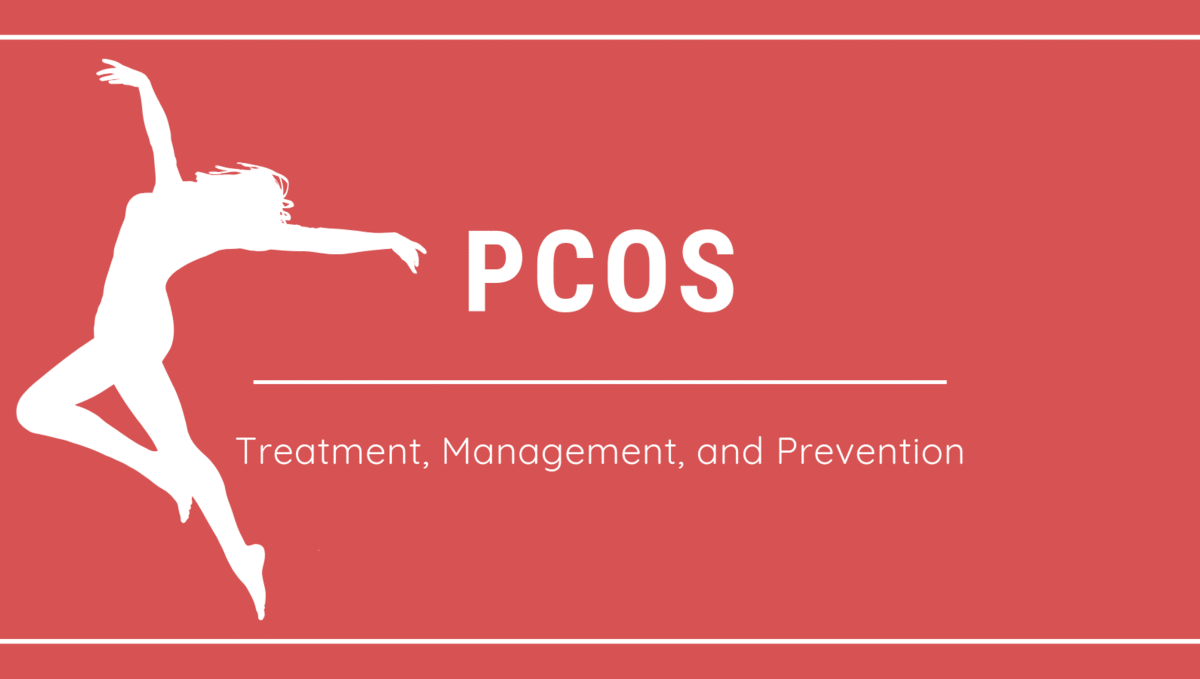
Unlocking the Secrets of PCOS: How Dr. D's Probiotic Can Aid in Infertility and Symptom Relief
What Is Ovarian Polycystic Disorder (PCOS)?
Defining PCOS: An Overview
Ovarian Polycystic Disorder, commonly known as PCOS, is a hormonal condition. Women with PCOS have higher levels of male hormones, which can lead to irregular periods. It can also cause cysts in the ovaries and issues with pregnancy. Common symptoms include weight gain, acne, and extra hair growth. PCOS affects a woman's ovaries, the organs that produce eggs for reproduction. The hormonal imbalance may also increase the risk of long-term health problems like diabetes and heart disease. Understanding PCOS is the first step in managing it effectively.
The Prevalence of PCOS in Infertility Cases
Polycystic Ovary Syndrome (PCOS) is a key cause of infertility in women. It affects up to 10% of women of childbearing age. Many with the condition struggle to conceive. This syndrome is tied to an imbalance in reproductive hormones. It creates problems in the ovaries. Eggs may not develop properly or not be released during ovulation. As a result, PCOS can lead to missed or irregular menstrual periods. This can make it hard for women to get pregnant. Managing PCOS is crucial for those hoping to conceive. Diet, lifestyle, and medical treatments like Dr. D's Probiotic might help. They can balance hormones and improve fertility chances.
The Impact of PCOS on Women's Health
The effects of PCOS on women's health are varied and significant. This syndrome can lead to various long-term health issues. Some of these concerns include an increased risk for insulin resistance, Type 2 diabetes, high blood pressure, and heart problems. Additionally, women with PCOS often experience weight gain, which can exacerbate other symptoms and risks. PCOS can also impact mental health, contributing to anxiety, depression, and self-esteem issues. It's not just a fertility issue; it's a condition that affects overall well-being.
How Dr. D's Probiotic Can Help in Managing PCOS
The Probiotic Approach to Infertility
Infertility can be a challenging aspect of PCOS, but probiotics, like Dr. D's, may offer hope. They work by restoring the gut microbiome, which is crucial for overall hormone balance. This balance is essential for reproductive health. Probiotics may also reduce inflammation, improving ovary function. By taking Dr. D's Probiotic, women with PCOS may see improved fertility outcomes. It's a natural approach to a complex condition.
Clinical Studies: The Effectiveness of Dr. D's Probiotic
Studies have shone a light on the power of probiotics for PCOS management, including Dr. D's. Reviews of clinical trials reveal that these good bacteria can influence hormonal balance. They may also boost reproductive health, offering hope for those dealing with infertility linked to PCOS. Dr. D's Probiotic, in particular, has been the focus of research. Findings suggest it helps relieve PCOS symptoms by improving gut health, which is key to hormone regulation. More studies are needed, but such evidence is promising for PCOS sufferers seeking natural solutions.
Mechanisms of Action: How Dr. D's Probiotic Supports Natural Balance
Dr. D's Probiotic aims to restore balance in the body. It does this by boosting gut health. A healthy gut can affect hormone levels. Probiotics may lower inflammation and insulin resistance. This can be helpful for PCOS. They can also aid digestion and nutrient absorption. These effects can ease PCOS symptoms. Regular intake might improve ovarian function. Always consult a doctor before starting any new treatment.
Best Practices for PCOS Management with Dr. D's Probiotic
Integrating Probiotics into Your Overall Fertility Strategy
For women with PCOS, managing fertility is crucial. Probiotics, like Dr. D's, can play a big part.
To integrate them into your fertility plan, start by understanding how they work. They may help balance hormones and gut health, which is vital for PCOS.
Add Dr. D's Probiotic to your daily routine. Pair it with a healthy diet and regular exercise. This will boost your body's ability to regulate and improve reproductive health.
Lastly, consult with a healthcare provider to tailor your approach. They can guide you on the right probiotic dose and other lifestyle changes. This will ensure you get the best support for your PCOS and fertility goals.
Tips for Optimizing Probiotic Benefits
- Start with the Right Strain: Ensure you're taking a probiotic strain shown to help with PCOS.
- Consistent Dosing: Take Dr. D's Probiotic daily at the same time for best results.
- Gradual Introduction: Begin with a lower dose and gradually increase to allow your body to adjust.
- Healthy Diet Collaboration: Pair your probiotic with a PCOS-friendly diet to enhance benefits.
- Monitor Your Symptoms: Keep track of your PCOS symptoms to gauge the probiotic's effectiveness.
- Stay Hydrated: Drinking ample water can help probiotics thrive in your gut ecology.
- Consult Healthcare Providers: Seek guidance from medical professionals on your probiotic journey.
- Patience Is Key: It may take some time to notice changes, so don’t rush the process.
Monitoring and Adjusting Your Probiotic Regimen
For PCOS management, keeping track of your body's response to Dr. D's Probiotic is vital. Here are steps to monitor and adjust your regimen:
- Record Symptoms: Note any changes in your PCOS symptoms. Look for signs of improvement or any new concerns.
- Regular Check-Ups: Visit your healthcare provider to discuss your progress. This can help in making any necessary adjustments.
- Adjust Dose as Needed: Depending on your body’s reaction, your doctor might alter your probiotic dose.
- Monitor Gut Health: Watch for changes in digestion or discomfort. This can signal a need to adapt your probiotic use.
- Be Patient: It can take time to see results. Stay consistent with the probiotic treatment and follow medical advice.
Share
